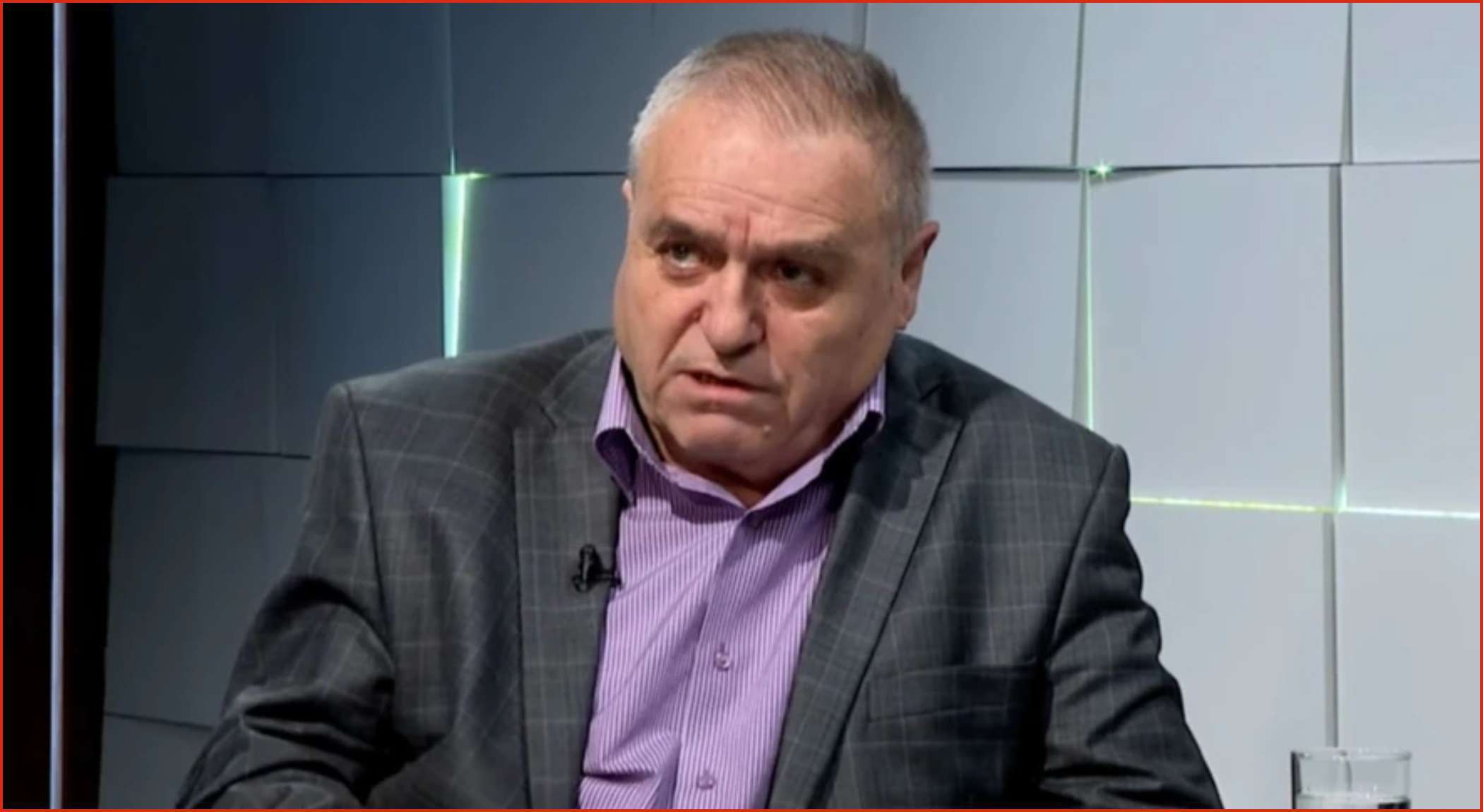"
Vahram Atanesyan, a former member of the Central Committee of Armenia and Artsakh National Assembly, wrote on his Facebook page.
"There was no war between Armenia and Azerbaijan. The cease-fire agreement of November 9 clearly states that the fire and all military operations "stop in the Karabakh conflict zone." That document is called "Capitulation of Armenia" only by Ilham Aliyev, which is supported by the institutional opposition of Armenia. But that is not the main thing.
If Armenia and Azerbaijan are not in a formal war, why should the treaty under discussion be called "On establishing peace and interstate relations?" Did Armenia enter such talks under the threat of Azerbaijan's large-scale aggression against its sovereign territory? Apparently, yes. In that case, where is the international law, the Charter of the United Nations, which obliges the member states to settle all disputed issues through peaceful negotiation and exclusively with legal-political and diplomatic instruments? Russia and Ukraine also had controversial problems related to the rights of Donbas's Russian or Russian-speaking population. Not achieving the desired results in the negotiations, Russia resorted to force, and almost the whole world condemned it.
Today, Ilham Aliyev, by threatening to use force and occupy a part of the sovereign territory of Armenia, parties Yerevan not only to recognize Nagorno Karabakh as part of Azerbaijan but also to "hand over" the Artsakh Armenians to him. And he does not hide that it is "the right of the winner." Who did Azerbaijan "win," and where, and how is it documented? Armenia still has a chance to escape this "closed circle." It is to formulate its Concept for the establishment of interstate relations with Azerbaijan and publish it, addressing the Secretary General of the United Nations, the Chairman of the OSCE, the President of the Council of Europe, the President of the European Commission, the Presidents of the Russian Federation, the USA, France, Turkey, and Iran.
Reviewing the inefficient diplomatic practice of receiving a "draft agreement" from Azerbaijan and presenting counterproposals is imperative. The subject of the negotiations should be defined by the resolution of the UN Security Council, based on the juridical and political conclusions of the previous four keys. Only then will it be possible to eliminate the complex of being attacked by Azerbaijan, eliminate state fear, and sit at the negotiation table as an equal subject. There is a strong need to "separate the meat from the flies" in the Armenian-Azerbaijani negotiations.


















